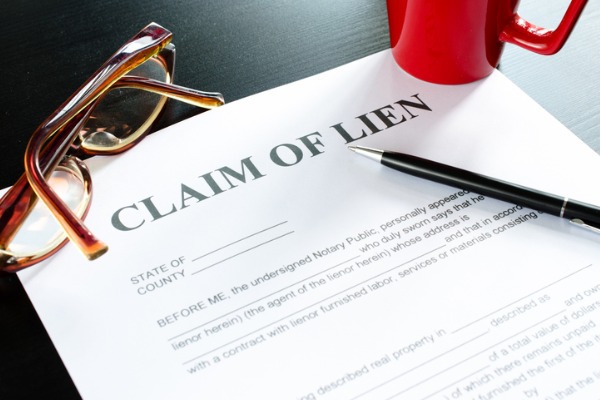Failure to pay property taxes in the state of Arizona results in tax liens. Sometimes other lienholders are the ones to foreclose on the property. Among the liens applied to a property, tax liens are considered most “senior.” This means that when a property gets foreclosed upon either under the tax lien or by a more “junior” lienholder, though other liens that are “junior” to the tax liens are wiped out, the tax liens remain.
Let’s look at this more closely. When an Arizona property owner owes back taxes on a property, the governmental authority to which those taxes are owed can place a lien on the property. In Arizona, this doesn’t mean the property will be taken and sold—rather that the tax authority becomes first in line among any number of creditors hoping to get their back debts paid from the debtor’s assets. At the very least, the property owner’s credit report will be negatively affected, and the lien will prevent the person owing the taxes from selling or refinancing the property. The lien sticks to the debtor’s property until the lien is either paid off (or removed via bankruptcy) or the debt’s statute of limitations deadline passes. In Arizona, that’s ten years.
Moreover, Arizona is a tax levy state. This means the tax authority may sell the lien itself at auction. In this case, someone else pays the government the amount of tax debt owed, at which point that debt becomes the lien purchaser’s to collect on. This lien remains first in line among the potential creditors. The purchaser gets the right to collect on the money owed—plus interest penalty charges that in Arizona can range as high as 16 percent—or, after a certain amount of time known as the redemption period (three years), to foreclose on the property and take title.
If a lienholder other than one whose right to foreclose is based on taxation authority (such as a lender) is the one to foreclose on the property, any tax lien remains. If the lender does not cure the lien it will then be passed on (as it adheres to the property) to anyone who purchases the property from the lender. This is one reason investors need to be cautious when purchasing distressed or “as-is” properties at auction and elsewhere.
If you’re looking to buy a foreclosed property in Phoenix or anywhere else in the state of Arizona, you’ll need an experienced attorney with strong scruples by your side to run a title search on that property before you put your money down, and we can help with that. At Provident Law, our real estate attorneys represent parties on either side of real estate and financing transactions, including buyers, sellers, landlords, tenants, lenders, borrowers, trustees, guarantors, shareholders, partners, and others. We structure, negotiate and document a variety of real estate and financing transactions, including leases, purchase and sale agreements, loans and development agreements for a variety of commercial and residential projects. Contact us if you’d like us to give you a hand.
Christopher J. Charles is the founder and Managing Partner of Provident Law ®. He is a State Bar Certified Real Estate Specialist and a former “Broker Hotline Attorney” for the Arizona Association of REALTORS ® (the “AAR”). Mr. Charles holds the AV ® Preeminent Rating by the Martindale-Hubbell Peer Review Ratings system which connotes the highest possible rating in both legal ability and ethical standards. He serves as an Arbitrator and Mediator for the AAR regarding real estate disputes; and he served on the State Bar of Arizona’s Civil Jury Instructions Committee where he helped draft the Agency Instructions and the Residential Landlord/Tenant Eviction Jury Instructions.
Christopher is a licensed Real Estate Instructor and he teaches continuing education classes at the Arizona School of Real Estate and Business. He can be reached at Chris@ProvidentLawyers.com or at 480-388-3343.


